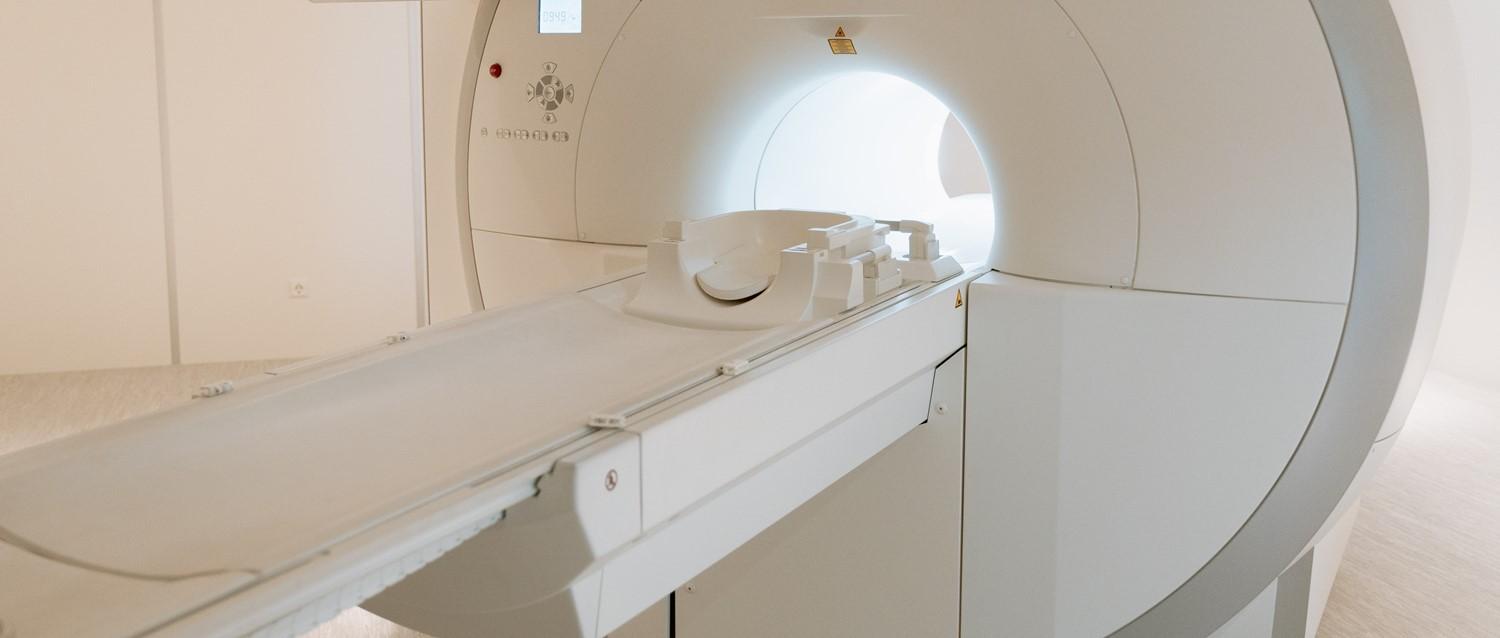
Can a new blood test detect lung cancer early?
Peer reviewed by Joe CrowtherLast updated by Milly EvansLast updated 9 Sept 2019
Meets Patient’s editorial guidelines
- DownloadDownload
- Share
- Language
- Discussion
New research suggests that a ground-breaking blood test could reduce the number of deaths from lung cancer each year.
The study, presented at the International Association for the Study of Lung Cancer (IASLC) 2019 World Conference, showed that using a blood test as well as current CT scanning techniques can detect those at high risk of lung cancer. This could reduce the number of late diagnoses and save lives.
Lung cancer is the third most common cancer in the UK, with around 47,200 new cases each year. Around three quarters of cases are diagnosed at a late stage when it is far more difficult to treat. As such, it is the most common cause of death from cancer, with only 32% surviving lung cancer for a year or more after diagnosis. Smoking is the biggest risk factor for lung cancer.
Currently, if a doctor suspects that a patient might have lung cancer, the patient will usually be offered an X-ray followed by a CT scan and other tests to find out the stage and type of cancer.
The research from the University of St Andrews involved using the EarlyCDT-Lung Test, an antibody diagnostic blood test which can be used to detect early lung cancer. It detects the antibodies made by the immune system as a defence against cancer cells.
In a trial of 12,208 high-risk patients in Scotland, those who had the blood test were diagnosed at an earlier stage than the control group receiving standard care.
If patients tested positive for lung cancer antibodies following the blood test, they were offered a chest X-ray and CT scan. If the initial CT scan did not show any signs of lung cancer, the patients were offered scans every six months over the next two years.
During the two years of the study, 127 lung cancers were diagnosed, 56 in the blood test group and 71 in the control group. Significantly, only 33 of those in the blood test group were diagnosed at a late stage compared to 52 in the control group.
Although the study was not designed to look into mortality rates from lung cancer, the researchers found a "non-significant trend suggesting fewer deaths in the intervention arm compared to the control".
"Our results show that the combination of the EarlyCDT-Lung followed by CT imaging in those with a positive blood test, results in a significant decrease in late-stage diagnosis of lung cancer and may decrease all cause and lung cancer specific mortality," said Professor Frank Sullivan, leader of the study from the University of St Andrews. The team plans to continue its research and follow up on all of the participants' lung cancer and mortality outcomes.
Patient picks for Lung cancer

Cancer
What are the stages of lung cancer?
Lung cancer is the third most common type of cancer in the UK, after breast and prostate cancer. Healthcare professionals use the stages of lung cancer to determine how advanced the cancer is, and what treatments may be most effective. Lung cancer staging therefore plays a crucial role in improving survival rates.
by Amberley Davis

Cancer
Lung cancer in non-smokers is more common than you think
Around 6,000 people who have never smoked die from lung cancer each year. Some experts believe that because it's primarily seen as a 'smoker's disease, lung cancer doesn't get the attention or funding it deserves. We explore how such stigma affects patients and the risk factors for the condition.
by Ellie Broughton
Continue reading below
Article history
The information on this page is peer reviewed by qualified clinicians.
9 Sept 2019 | Latest version
9 Sept 2019 | Originally published

Ask, share, connect.
Browse discussions, ask questions, and share experiences across hundreds of health topics.

Feeling unwell?
Assess your symptoms online for free
Sign up to the Patient newsletter
Your weekly dose of clear, trustworthy health advice - written to help you feel informed, confident and in control.
By subscribing you accept our Privacy Policy. You can unsubscribe at any time. We never sell your data.